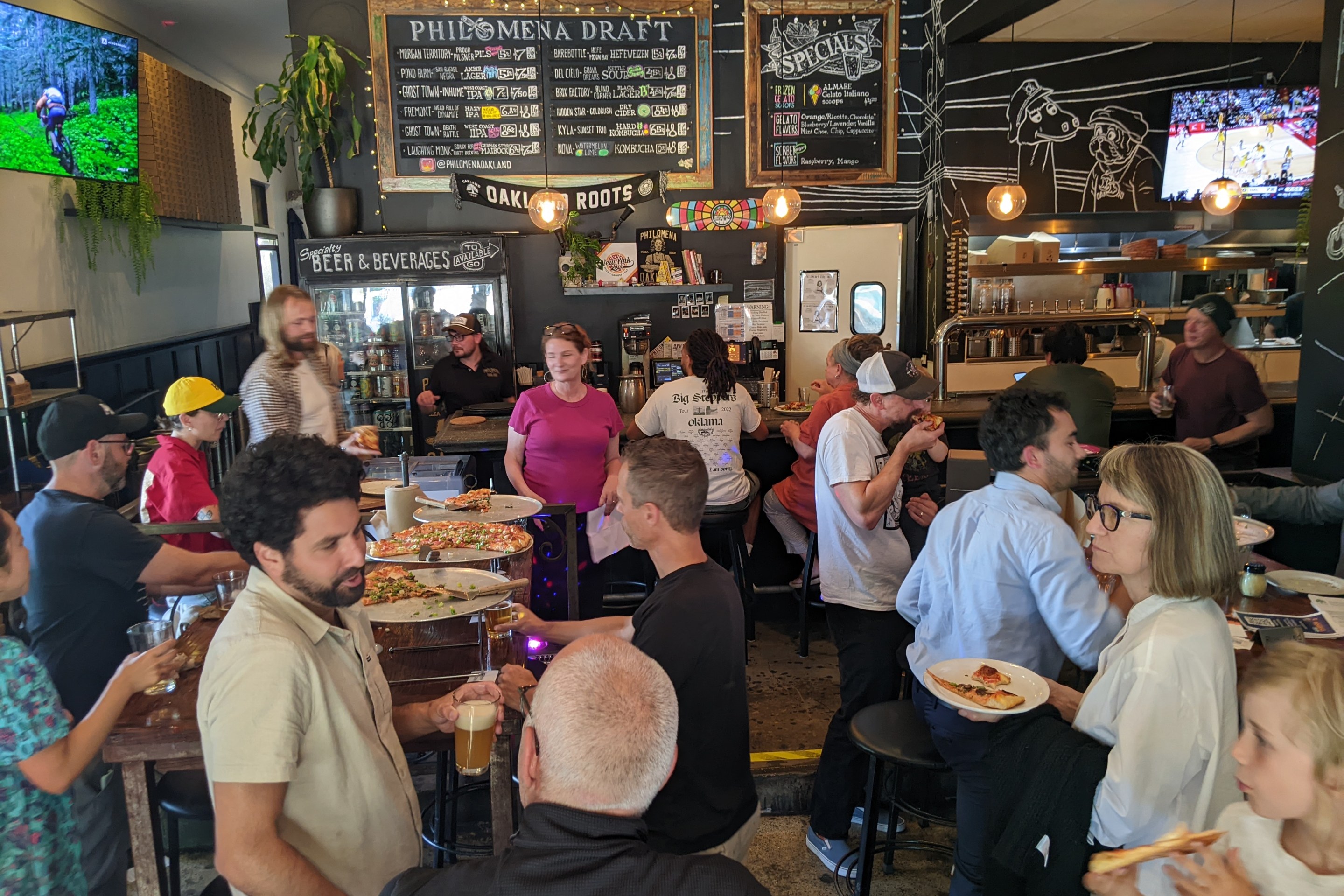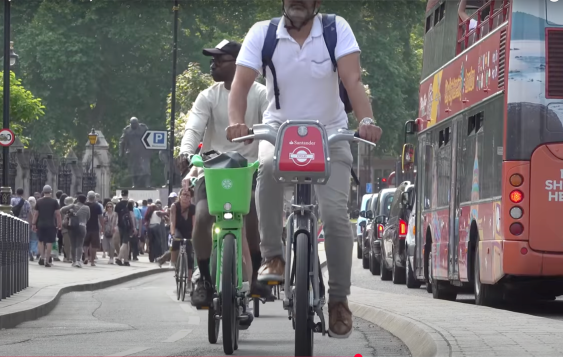Cycling advocates are scratching their heads over a proposal from Arizona Senator John McCain that targets bike infrastructure at U.S. airports.
In August, McCain inserted a stipulation in the federal aviation reauthorization that would bar airports from using passenger facility charges for bike parking facilities. The language was maintained in the latest iteration of Senate Bill 223, which would affect the allocation of about $2.5 billion in passenger fees nationwide, or up to $4.50 per passenger.
It isn't as if airports have been breaking the bank building state-of-the-art bike parking facilities. Andy Clarke, president of the League of American Bicyclists, wonders why bikes, of all things, are so deserving of attention:
Bicycling to the airport may never be a major means of access given the nature of air travel and the trips people make by air (but it does happen — including by airport employees). Even cycling meccas like Copenhagen (CPH) and Amsterdam (AMS) airports have a limited number of people riding to and from them – but it certainly isn’t precluded or deliberately made more difficult, and nor should that happen at US airports. Demand may only require a few bike racks and maybe a locker or two for longer term storage in more accessible airports – not exactly the kind of volume that would eat deeply into the $2.5 billion fund.
For some reason, either McCain or someone else has decided that bike parking at airports is worth singling out for exclusion; that it doesn’t somehow count as an “intermodal” facility; that it should never be part of the airport experience. One can only speculate as to why.
Clarke promised the League will be working to strip the offending wording out of the legislation.
Elsewhere on the Network today: Second Avenue Sagas asks whether population figures support a national emphasis on the Northeast Corridor for rail infrastructure; PubliCola recounts how Seattle blew an opportunity to reform its parking system; and Hard Drive reports on a study finding red light cameras, the supposed scourge of drivers, are saving lives.





